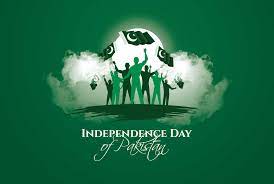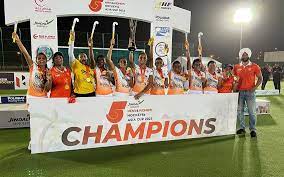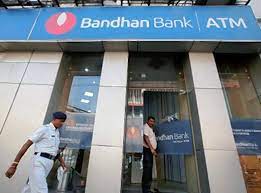
Pakistan Independence Day 2023, Introduction: Pakistan’s Independence Day, celebrated annually on August 14th, is a watershed moment in the country’s history. On this day in 1947, the British Indian Empire was divided, resulting in the formation of two separate states, India and Pakistan. Pakistan’s journey to sovereignty, under the astute leadership of Quaid-e-Azam Muhammad Ali Jinnah, culminated after seven years of determined struggle. As the 14th of August aligns with a Monday this year, the celebrations take on added significance, offering an extended weekend for enthusiastic participation in various festive events and activities.
Daily Current Affairs Quiz: August 2023
Historical Background and Significance of Pakistan’s Independence Day
The Indian subcontinent, once a single vast region encompassing present-day Pakistan, India, and Bangladesh, witnessed conflicts and Hindu-Muslim tensions following the introduction of Islam. Following the War of Independence in 1857, philosophies aiming at protecting the rights of the Muslim minority arose. In 1906, the All-India Muslim League was established, advocating for a separate state for Muslims. Notably, on October 1 of the same year, a committee of 36 Muslim leaders presented this demand to the viceroy of India in Simla. Muhammad Ali Jinnah, a prominent lawyer and politician, later emerged as the driving force behind Pakistan’s creation. He led the All-India Muslim League from 1913 until Pakistan’s eventual independence.
Another visionary, Allama Muhammad Iqbal, echoed the appeal for Muslim secession from India in his historic presidential speech on December 29, 1930, in Allahabad. This address, known as the Allahabad Address, marked a pivotal moment. The term “Pakistan” first appeared in a leaflet titled “Now Or Never” in 1933.
The British parliament introduced the Indian Independence Act in July 1947, leading to the formation of separate interim governments for India and Pakistan on July 20. Finally, on August 14, 1947, the vast British Indian subcontinent underwent partition, giving rise to the independent nations of India and Pakistan. Pakistan later transitioned from a dominion to an Islamic Republic.
Conclusion:
The efforts of leaders like Quaid-e-Azam Muhammad Ali Jinnah and visionaries like Allama Muhammad Iqbal paved the way for the creation of a sovereign nation. As Pakistan prepares to celebrate its Independence Day this year, the alignment of the date with a Monday offers an extended opportunity for citizens to come together and honor their nation’s history, achievements, and ongoing journey towards progress and prosperity.
Important takeaways for all competitive exams:
- Pakistan Capital: Islamabad;
- Pakistan President: Arif Alvi;
- Pakistan Prime minister: Shehbaz Sharif.





